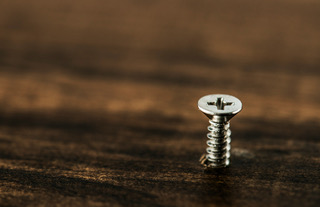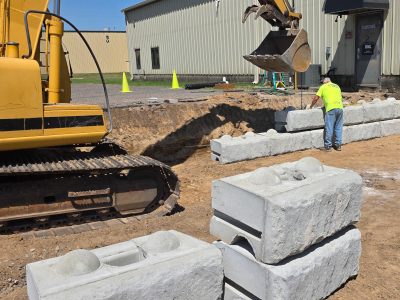Every time you hear that sickening crack while drilling into timber, you know something has gone wrong. You just wanted to tighten two pieces of wood together, but instead, the timber gave way. Splitting is not just annoying; it weakens the structure. But what if you could avoid that crack completely? You can. Whether you are a seasoned carpenter or a weekend DIYer, these smart tricks for wood screws will save your wood and your nerves.
Choose the Right Type of Screws First
Start with the basics. Use wood screws – right the ones made for timber. They have coarse threads and tapered bodies. These design elements help grip the fibres without tearing them apart. Avoid metal screws, they are not suitable for timber work. You will see the difference immediately.
Always Pre-Drill, Even for Softwood
Never skip this step. Use a drill bit slightly smaller than the screw’s body. This creates a path for the screw to travel. It reduces pressure on the wood and prevents internal stress. For hardwood, this step is non-negotiable.
Countersink to Avoid Surface Cracks
Use a countersink bit before driving the screw. It allows the screw head to sit flush. Without this, the head might push fibres outward and cause surface-level cracks. If you want clean finishes, this is key.
Drive the Screw Slowly and Gently
Speed damages wood. Always use moderate torque on your driver. If you go fast, friction builds up and splits the fibres. Let the screw cut through at its own pace. Patience wins here.
Lubricate Screws for Tough Wood
Working with hardwood? Rub the screw threads lightly on wax or soap. This helps reduce resistance while driving. Your screw enters smoother, and the wood stays intact.
Conclusion
Do not drill too close to the edge of the timber. Keep at least 15 mm distance. Wood is more likely to split along the grain when pressure builds too close to the side. Take a little care, and you get results that last. No splits. No frustration. Just solid, reliable work that holds up beautifully.











Comments